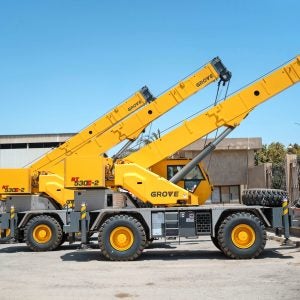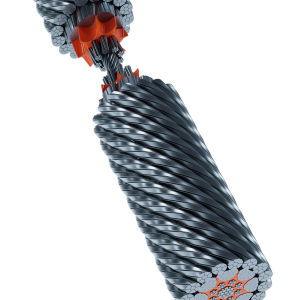The strike began on 5 February and ended on 14 March,
Like all crane manufacturers, Terex has seen its delivery times lengthen in recent months because of the industry-wide supplier problems. Particular problems remain the price of steel and the availability of large tyres.
Terex brought in 60 temporary workers to cover for the approximate 180 strikers and continued to receive shipments from suppliers during the action. Terex Cranes president Steve Filipov told Cranes Today that the effect of the strike would be further delays to customers of approximately three weeks. Lead times on Terex’s North American models are now ‘three to six months, or even eight months on some models’, he said.
He gave no details of the settlement with the union, except to say: ‘It wasn’t an easy negotiation but we needed to get into a more modern contract.’
Calls to the UAW in Iowa went unreturned.
On the positive side, Terex Cranes has addressed the difficulties sourcing steel by signing a supply deal in March with Colorado-based Timberline Steel, Filipov said. Previously the company relied on steel from the open market rather than buying direct from the mill.






